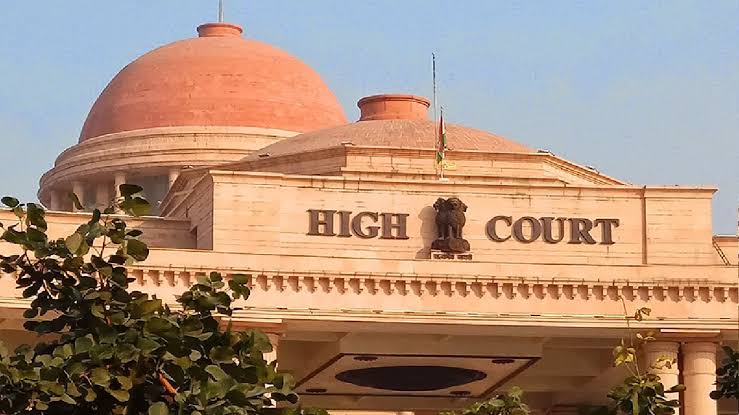


The Delhi High Court recently lamented the sorry state of affairs in the constitutional courts of India, where poor labourers are forced to fight tooth and nail for justice. [Vallabhbhai Patel Chest Institute v. Nishikesh Tyagi & Anr]Justice Chandra Dhari Singh observed that a case involving a poor worker took more than two decades to decide, and that the delay left him in a state of profound uncertainty."The timeless adage "justice delayed is justice denied" resonates strongly in the present case, where such a delay can only be interpreted as a failure of this Court to meet the rightful expectations of the economically disadvantaged. Even though various stakeholders in the country strive for instant justice, the same is yet to be achieved," the Court noted.The judge added that on account of such delays, poor litigants find themselves trapped in a neverending cycle of waiting for justice.The respondent-workman in the case had served as a casual and daily wage pump operator at the petitioner-hospital since 1985, earning a last drawn salary of ₹1,300 per month. On May 10, 1991, the workman's services were unlawfully terminated.A labour court ordered the hospital to reinstate the worker, and to provide him full back wages and continuity of service. The hospital moved the High Court against this order.Counsel for the hospital argued that the labour court failed to appreciate that the hospital cannot be construed as an industry for the purpose of the Industrial Disputes (ID) Act.It was also contended that the referral of the dispute by the state government to the labour was bad in law, as the hospital was run by the Central government.Moreover, it was argued that the workman failed to demonstrate that he worked for more than 240 days in the twelve months leading up to his alleged illegal termination.The Court opined that even though hospitals are considered to be non-profit institutions, the very fact that they render services makes them fall under 'industry' as defined under Section 2(j) of the ID Act."The petitioner Hospital is a Government run entity and fully funded by the Ministry of Health and family welfare. Apart from the doctors rendering their services, there are other employees working in various capacities to ensure smooth functioning of the Hospital, " the Court observed while rejecting the contention that the hospital cannot beconstrued as an industry under the ID Act.On the point that the State government did not have jurisdiction to refer the matter to the labour court, the Court pointed to a referred to a 1975 notification issued by the Ministry of Labour and Employment by which state governments were entrusted with the powers to refer such disputes for adjudication.It also held that the hospital had failed to substantiate its claim of non-continuance of services of the workman.Rejecting the hospital's plea, the Court stated that despite receiving a favourable award, the workman had to struggle to get it implemented, undermining the very purpose of granting relief in the first place.The Court noted that from 2003 until the present day, the matter had been listed for hearing 39 times without resolution."This inordinate delay underscores a reality which is disheartening and the judiciary's efficacy in catering to the needs of the less privileged seems to have faltered and this Court firmly believes that it is high time that the Constitutional Courts of this Country should step up in giving speedy justice to the citizens. A swift and efficient justice is not only the fundamental right of the citizens of this country but also one of the cornerstones of a thriving democracy," the Court noted.
Advocate MK Singh appeared for the petitioner workman.
Advocates Jawahar Raja, Meghna De, L Gangmei and Aditi appeared for the respondent hospital.
TAGS: Delhi High Court Justice Chandra Dhari Singh Labourer's rights Justice delayed is justice denied Petitioner-hospital